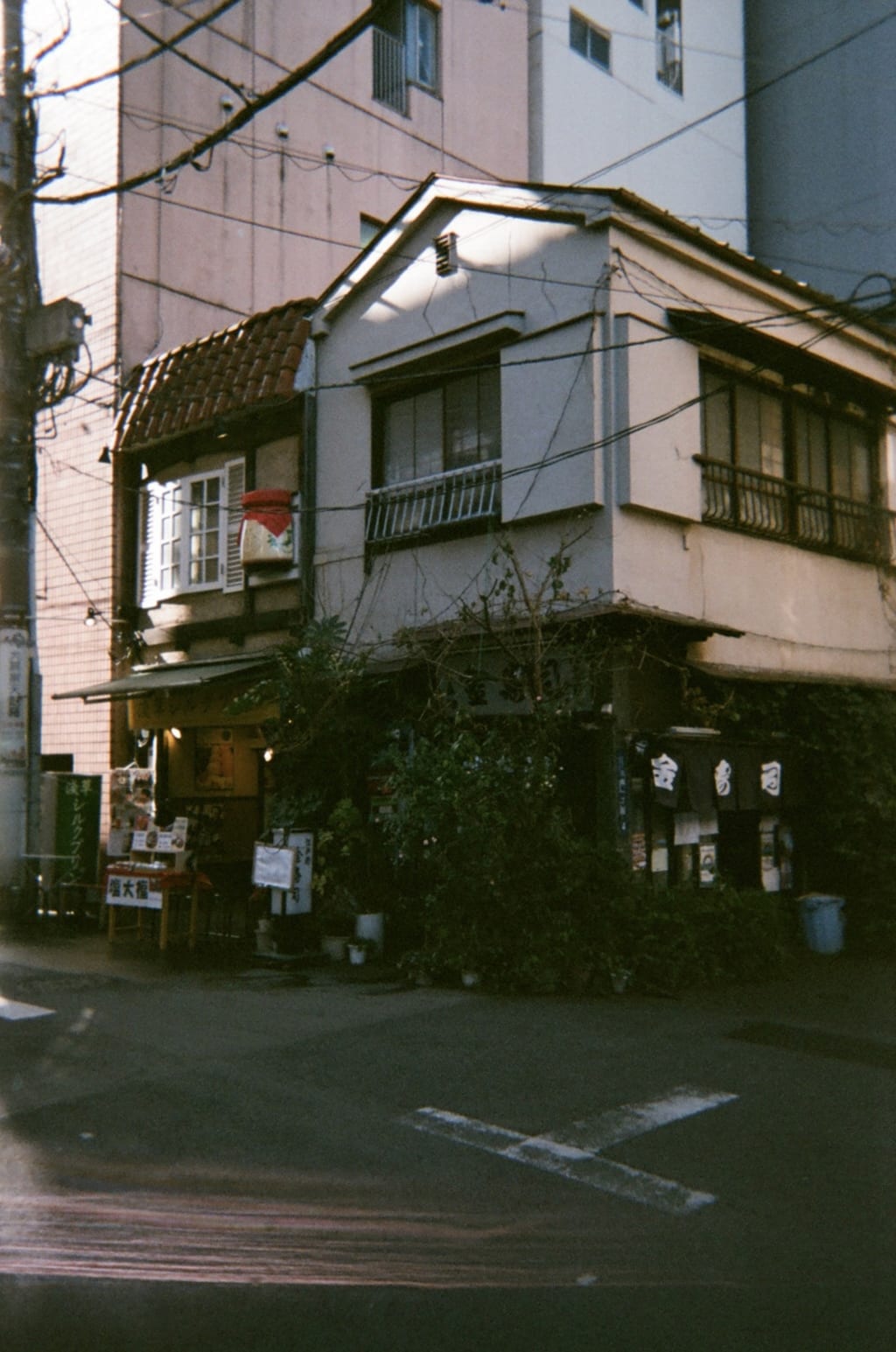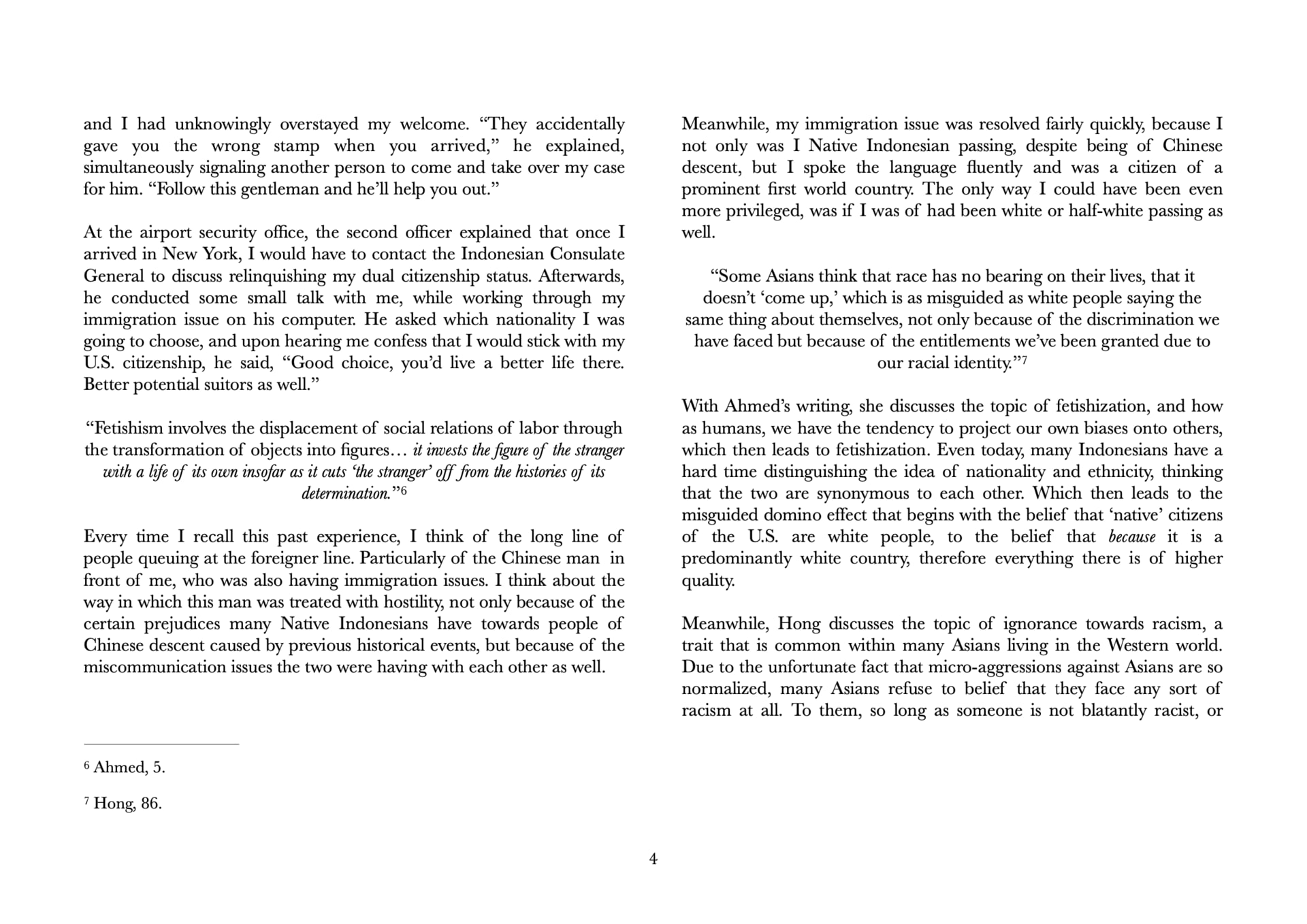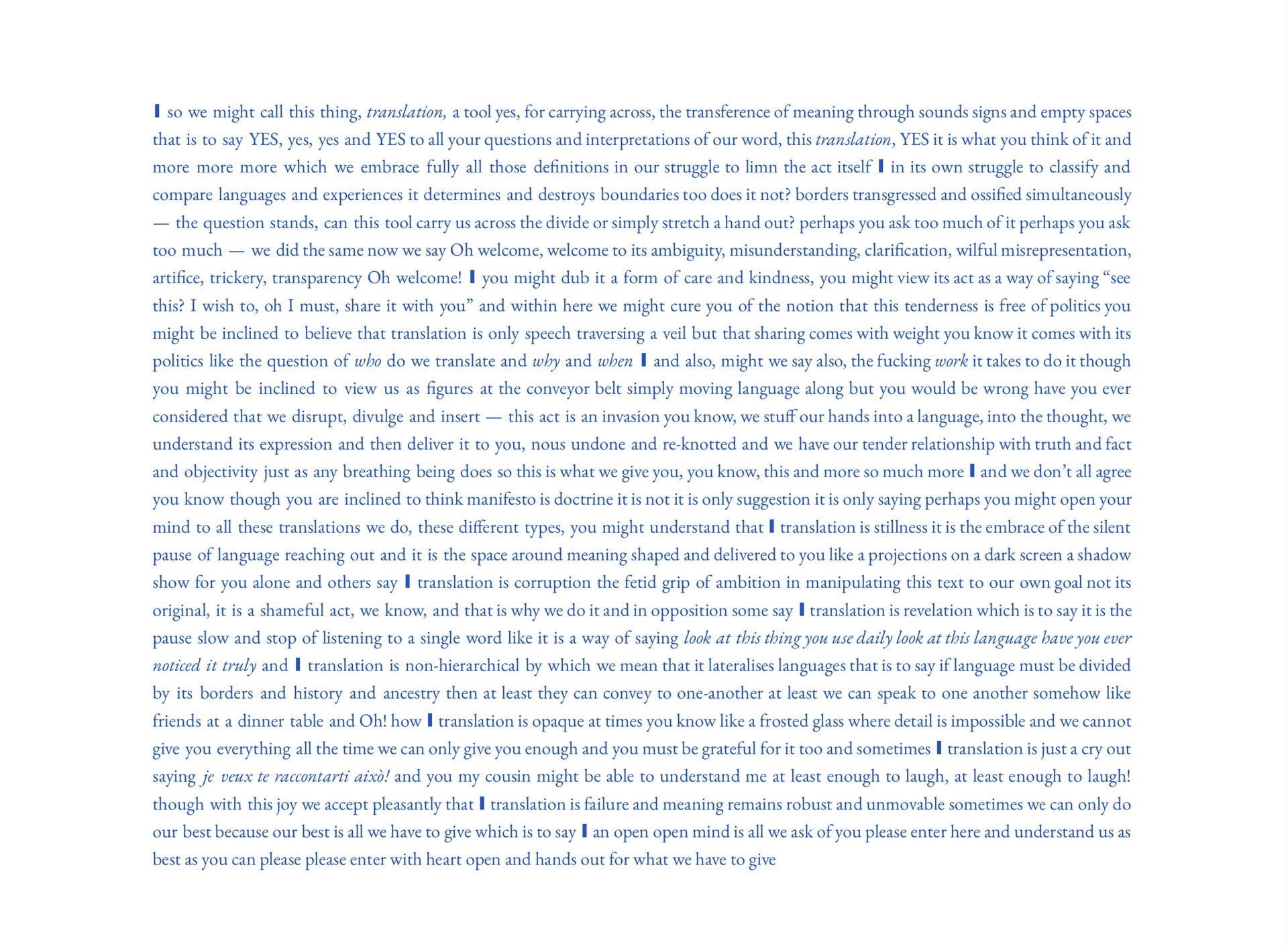Aquina is an Asian American Illustrator and Writer whose work explores her own internal conflicts and tries to balance the relationship between the different sides of her Taiwanese-Indonesian American cultural identity.
Sorting through complicated personal relationships with friends and family, as well as making sense of the tension between both ethnic identities, her final project Hiding From Silence was written as a result of trying to detangle the complex web that is her personal identity crisis and shift her own perception of herself. From using other people's understanding of her as a definitive view of who she is, to developing a perspective that is purely independent from external opinions and really getting to know who and where it is that she comes from and why she is the way she is today.












